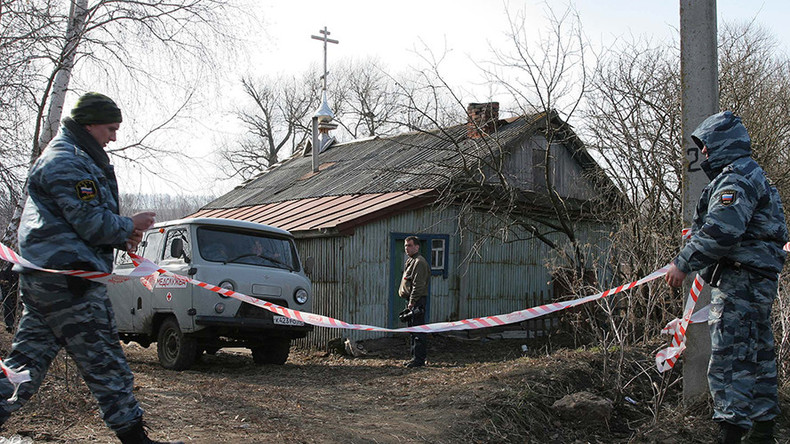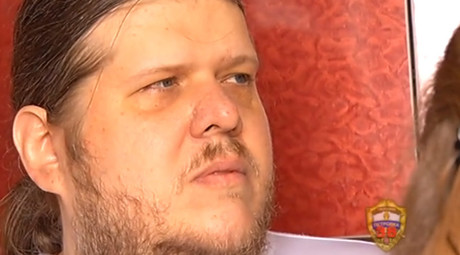Lawmaker seeks public’s help in fighting destructive sects

“The broad public must participate in fighting illegal sects and, for this, we must organize hotlines at regional offices of the Federal Security Service and Interior Ministry,” MP Dmitry Belik (United Russia) said, as cited by RIA Novosti. “We need a tandem of law enforcement officers and public activists to fight illegal extremist sects,” he added.
Sects are allowed to engage in any activities provided they don’t violate the law. At the same time, parliamentary experts estimate that there could be between 300 and 500 dangerous sects in Russia, with a total of up to 800,000 members.
Scandals involving destructive and extremist cults became more frequent in the mid-2000s, prompting Russia’s authorities to eventually take action to curb the activities of most destructive groups. In early 2016, parties in the Russian parliament united to form a “parliamentary group for protection of Christian values,” which wrote a special draft proposing that the country’s Security Council, law enforcement agencies, and Justice Ministry jointly develop new methods, technologies, and criteria for licensing religious activities, with an emphasis on checking for extremist tendencies.
Moreover, in 2012, President Vladimir Putin urged the government to toughen laws governing the activities of religious groups in order to reign in the extreme cults that were cropping up across the country. The president said such groups pose a threat to society, adding that fanatical sects were hunting “not only for souls, but also people’s property.”










